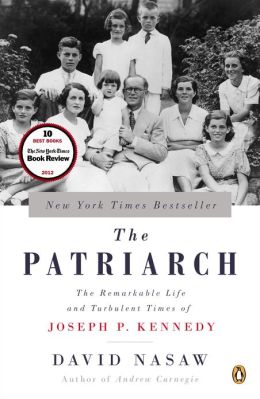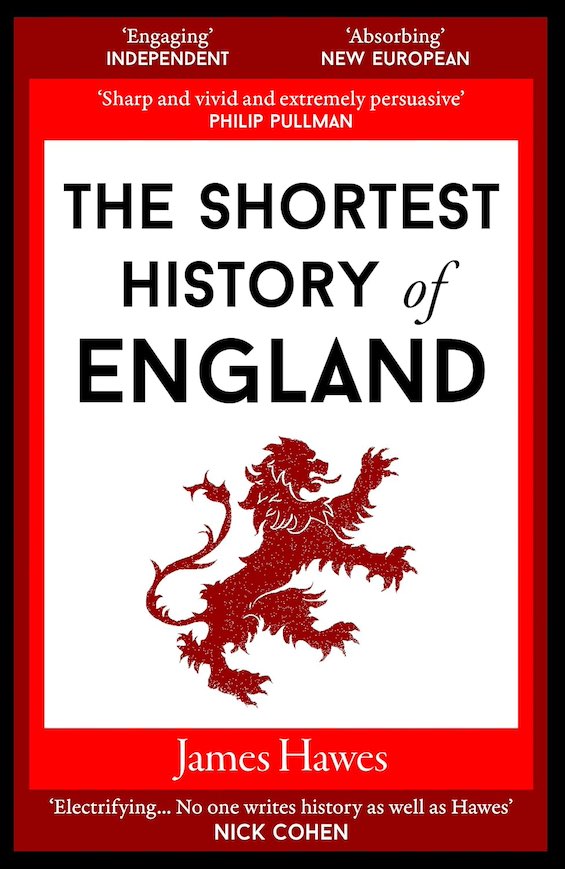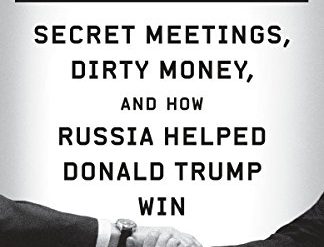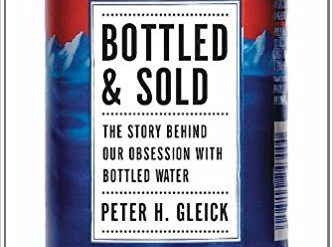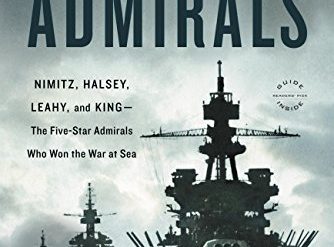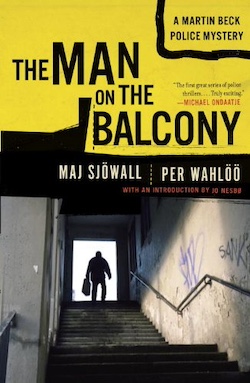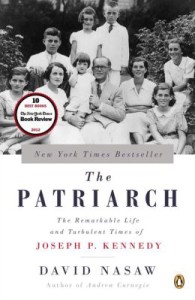
Joe Kennedy was a piece of work. The men in public life he admired the most were Neville Chamberlain, Herbert Hoover, and J. Edgar Hoover. He deeply distrusted FDR, Winston Churchill, George Marshall, and Harry Truman. And he campaigned strenuously against military action to resist Hitler and, later, Stalin and his successors. “He was perfectly consistent,” writes David Nasaw in his outstanding biography of the man. “He saw communism in the forties as he had seen Nazism in the thirties—as a detestable system but not as a mortal threat to American security.”
Though widely condemned as a bootlegger, Kennedy never had any connection with illegal sales of alcohol, though he later became the country’s largest salesman of legal Scotch whiskey. Nor did he have the “Mob ties” that he was so frequently accused of having. He was a notorious short-seller on Wall Street who amassed a fortune betting against the American economy as it spiraled into Depression, yet he became the first chairman of the Securities and Exchange Commission and was universally praised for getting the SEC into operation in record time and satisfying both the New Dealers and the bankers.
The Patriarch: The Remarkable Life and Turbulent Times of Joseph P. Kennedy by David Nasaw (2012) 896 pages ★★★★★
Still serving as FDR’s Ambassador to the UK though awaiting replacement at home, he campaigned coast to coast for accommodation to Hitler, predicting certain defeat for the British—after they had already won the Battle of Britain and prevented the launch of a planned Nazi invasion. Prone to anti-Semitic remarks from time to time, and paranoid about Jewish influence in the media and politics, he was nonetheless a pugnacious and persistent advocate for resettling Jewish refugees from Nazi Germany — first, in Palestine, and later in the US, Great Britain, and elsewhere in the British Empire. And, yes, some of his best friends were Jews.
Despite FDR’s intense distrust of the man, he kept Kennedy as US Ambassador in London for years because he feared the man would oppose his seeking a third term in 1940. He was a proud family man, idolized by his wife and nine children despite extended absences during which he carried out long-lasting affairs with married women, including movie star Gloria Swanson and Congresswoman and later Ambassador Clare Booth Luce.
The founder of a dynasty plagued by tragedy
This was the man who fathered John Fitzgerald Kennedy, the 35th president of the United States, as well as two other leading candidates for the office. His life was the stuff of classical tragedy, not Shakespearean but Greek in its primal ferocity. He lost his oldest daughter to a botched lobotomy in 1941, his oldest son to a suicide mission in World War II, another daughter to a plane crash shortly afterwards, and two sons to assassination in the 1960s.
Though he never held public office higher than that of SEC Chairman and Ambassador to England, he was one of the most influential people of his time, alternately revered and reviled. As much as any single person, Joe Kennedy shaped the studio system that dominated Hollywood for decades. In 1957, The New York Times named him as one of the fifteen richest men in the country, with a fortune then estimated by Forbes that was the equivalent of billions of dollars today.
The Patriarch is a very big book, crammed with rich details that emerged from the author’s painstaking research. For any student of twentieth century American history, this outstanding biography illuminates the eight-decade span of our country’s emergence from scrappy industrial powerhouse to superpower, encompassing the Progressive era, two world wars, the Great Depression, and the tensest years of Cold War. Inevitably, Nasaw covers a lot of familiar territory, but in his comprehensive treatment of the life of this one truly extraordinary man, he paints a vivid picture of the United States in the twentieth century.
For more great reading
Like to read good biography? Check out Great biographies I’ve reviewed: my 10 favorites.
You may enjoy browsing through 20 top nonfiction books about history.
If you enjoy reading history in fictional form, check out 20 most enlightening historical novels.
For more good books on the history of the US, see Top 20 popular books for understanding American history.

